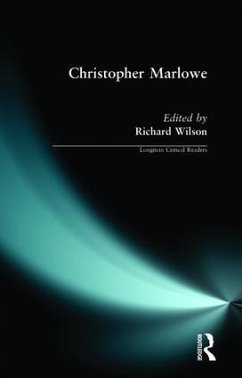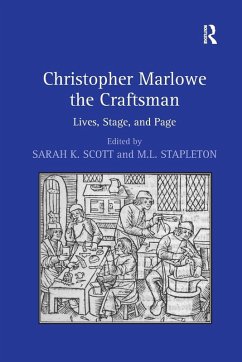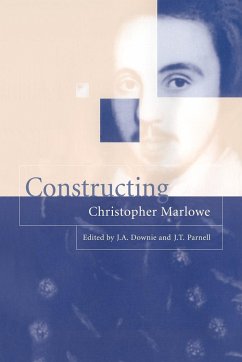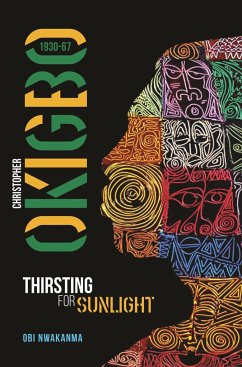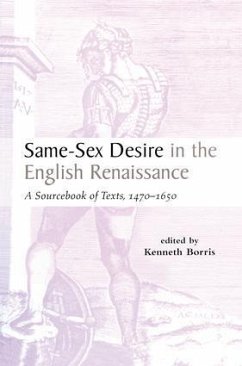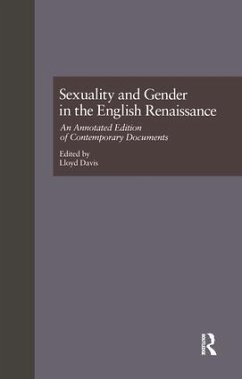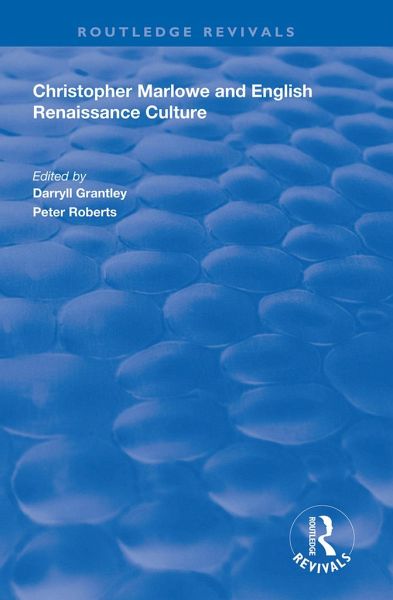
Christopher Marlowe and English Renaissance Culture
Versandkostenfrei!
Versandfertig in 1-2 Wochen
47,99 €
inkl. MwSt.

PAYBACK Punkte
24 °P sammeln!
First published in 1996, this volume asked the question: who - and what - was Christopher Marlowe? Dramatist, poet, atheist and possible spy, he was a man in contrast with his time. The authors here gather to explore Marlowe on the four hundredth anniversary of his death. They include significant interdisciplinary elements and focus on dramaturgy, textual criticism and biography. It is hoped that the diversity of approaches can further debates on both Marlowe and Renaissance culture.





